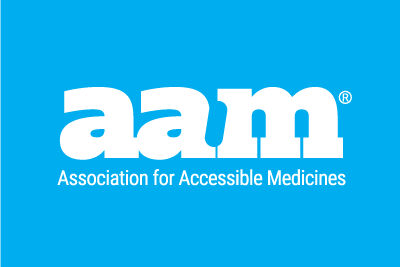Generic drugs have been lowering health care costs in California for decades, saving California $21.7 billion in 2016 alone. In fact, generics make up 89 percent of all prescriptions administered, yet account for only 26 percent of total drug costs.
Legislative efforts in Sacramento to reduce the financial burden of health care are laudable, but unless further amended, Senate Bill (SB 17) will likely increase that burden on the millions of Californians whose health and wellness relies on being able to access low-cost generic medicines.
In early September, California lawmakers had a chance to remedy this situation and protect patient access and savings from generic medicines by further amending Senate Bill 17. Specifically, amendments should allow for:
- An increase from $40 to an $80 reporting floor (WAC) for a 30-day supply; Drugs that cost less than $3 per day are not the cause of our drug cost problem.
- An increase from 10 percent cumulative to a 20 percent increase in one year.
- Generic manufacturers to notify of price increases five days in advance.
As currently written, Senate Bill 17 does not take into consideration the unique market dynamics and pricing structures that define the generic drug industry and distinguish it from the monopolized business model of the brand name drug sector.
If lawmakers truly seek to tackle drug prices, it’s vital to safeguard the savings that generic medicines bring Californians.
View the poll results to find out what California patients think about this proposed drug pricing law.
View the interactive U.S. map to view generic savings by state.
By Erica Klinger, AAM Marketing Director




